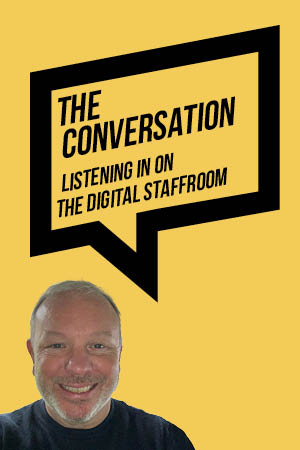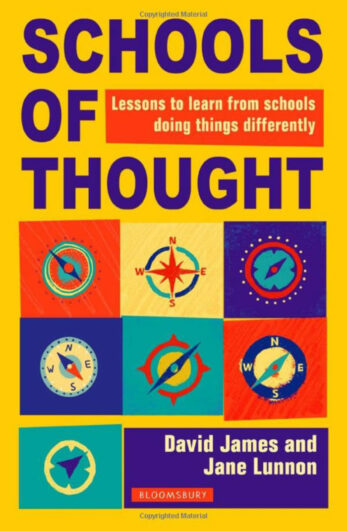In his book Open, David Price explains how we’ll work, live and learn in the future. It’s a bold premise – and it’s all because of the internet.
The web has transformed our social lives, shopping and communication. The internet connects; it allows co-operation; it provides access to stuff which would have been difficult, if not impossible, to find BWWW (before the World Wide Web). I’m proof of that – I can read reports online immediately by simply searching. And the Local Schools Network allows me to blog about my findings.
Price is correct: the internet opens up a more connected future. He cites the Arab Spring as an example of people power challenging governments; online groups such as Mumsnet which support and inform; Massive Open On-Line Courses (MOOCS) which allow students to study subjects without having to attend a physical university; the Hole-in-the-Wall experiment whereby computers were installed in walls in India and left for children to teach themselves how they worked and what they could learn from them.
The internet encourages collegiality, Price argues, and collegiality will be more important in the future than individuals ploughing their own path. It will change the way we educate and the way we do business.
Innovation isn’t top-down, he writes, but bottom-up. Google, Amazon and Apple are highlighted as innovative companies which foster “creativity and agility”. He goes as far as saying Google is “the most desirable company in the world to work for”.
Price is a scathing critic of the way education is moving in the US and the UK. And it is here I agree with him the most. Top-down prescription curtails teachers’ freedom to inspire learners. “Intuition, abstraction and tangential thinking” is squeezed out. Politicians’ desire to be seen to be doing something, anything, closes down debate about what education is for and reduces it what can easily be measured. Professor Michael Bassey explains the dangers of this approach in his guest post on Schools Improvement Net.
“The Open Revolution” is upon us, Price writes. The winners will be us “happily connecting and collaborating”; the losers will be formal institutions which don’t adapt to what has happened. “Our capacity to learn from each other has spiralled” and “barriers to learning are being dismantled”.
And yet. The optimism of the Arab Spring has been blasted by discord and hatred – the black flag of ISIS, whose sophisticated use of social media sucks in the fanatic, the gullible and the gormless, blocks out the sun. Online groups can spread ignorance as well as useful information.
We don’t need to go to a doctor, writes Price, because the internet can tell us what’s wrong. But we do need to consult medical professionals. Typing symptoms into Google brings a range of possible conditions but we need a properly-trained physician to narrow these down and suggest the most effective treatment.
MOOCS are only as good as the organisation behind them. At best, they offer high-quality education; at worst they tie solitary learners to work stations where they plod through a prescribed programme. Worse still, they can promote unscientific ideas such as one which promised to give me “Biblical and scientific support for a recent, six-day creation”. Hole-in-the-Wall computers have been vandalised and appear to have been used mainly by boys to play games.
What of Prices’s favoured companies? Google was criticised by the Public Accounts Committee for its tax arrangements. Amazon has changed its business practices after criticism of its tax regime but still faces a campaign from the GMB union about workers’ rights.
Apple has been accused of failing to protect Chinese workers who make their phones. Apple defended itself by saying conditions would have been a lot worse if they hadn’t been involved, they weren’t the only manufacturers using these factories and if phones were made in the US “the costs would be so much higher due to the rights of the workers to be paid a living wage and work a reasonable amount of hours in the day”.
The answer, apparently, is to choose countries where employees aren’t paid a living wage and don’t have rights.
Price highlights the positive side of the internet – bringing people together, easier access to knowledge, and encouraging cooperation and communication. But these are double-edged swords. However, we need writers like Price to remind us of the internet’s potential for good.







Your thoughts